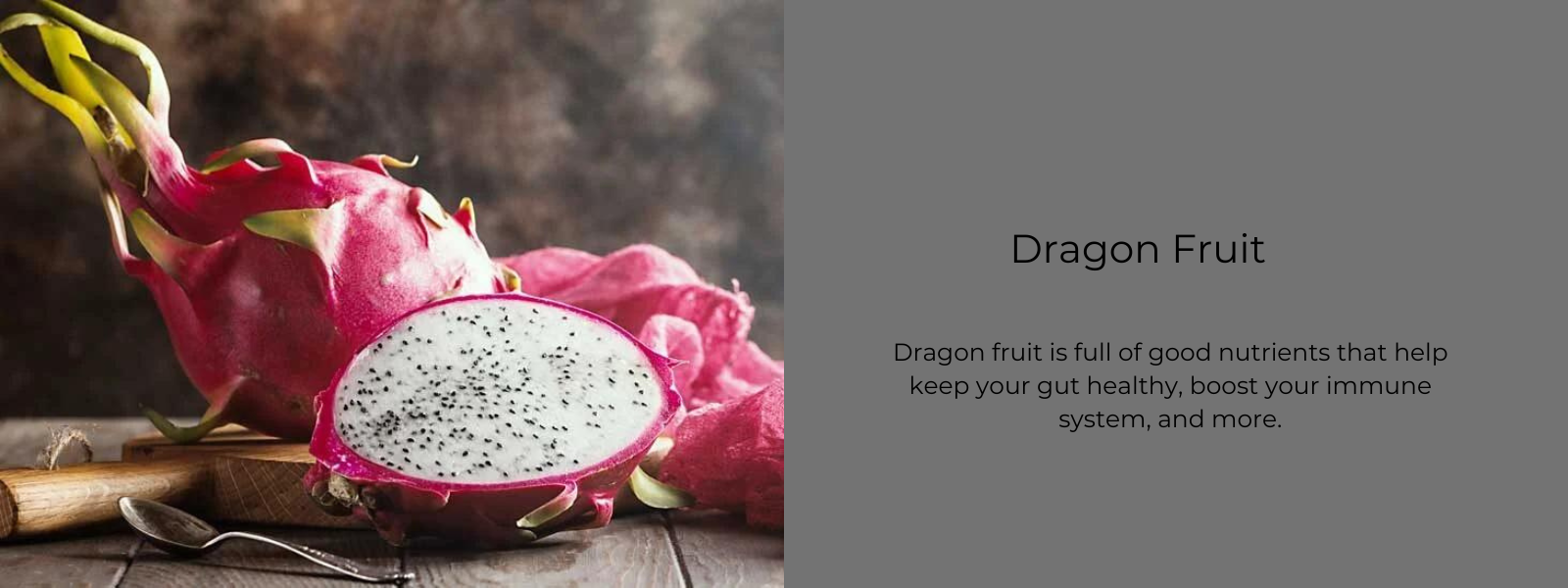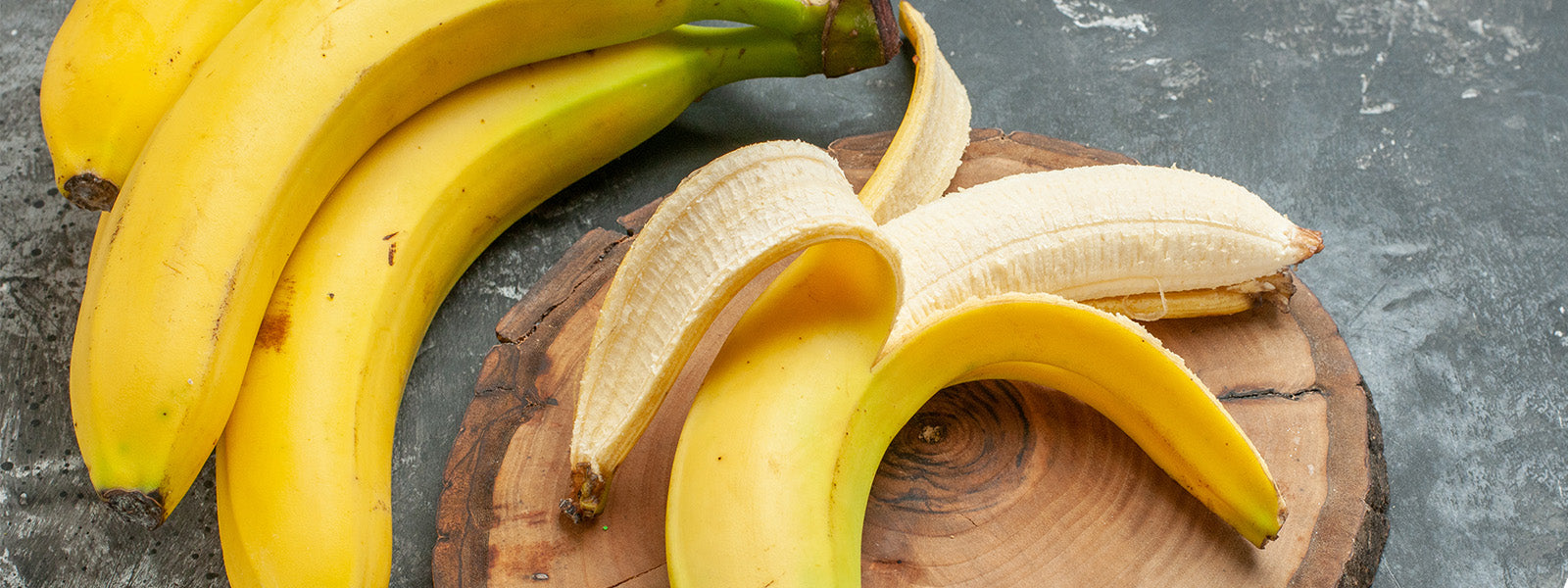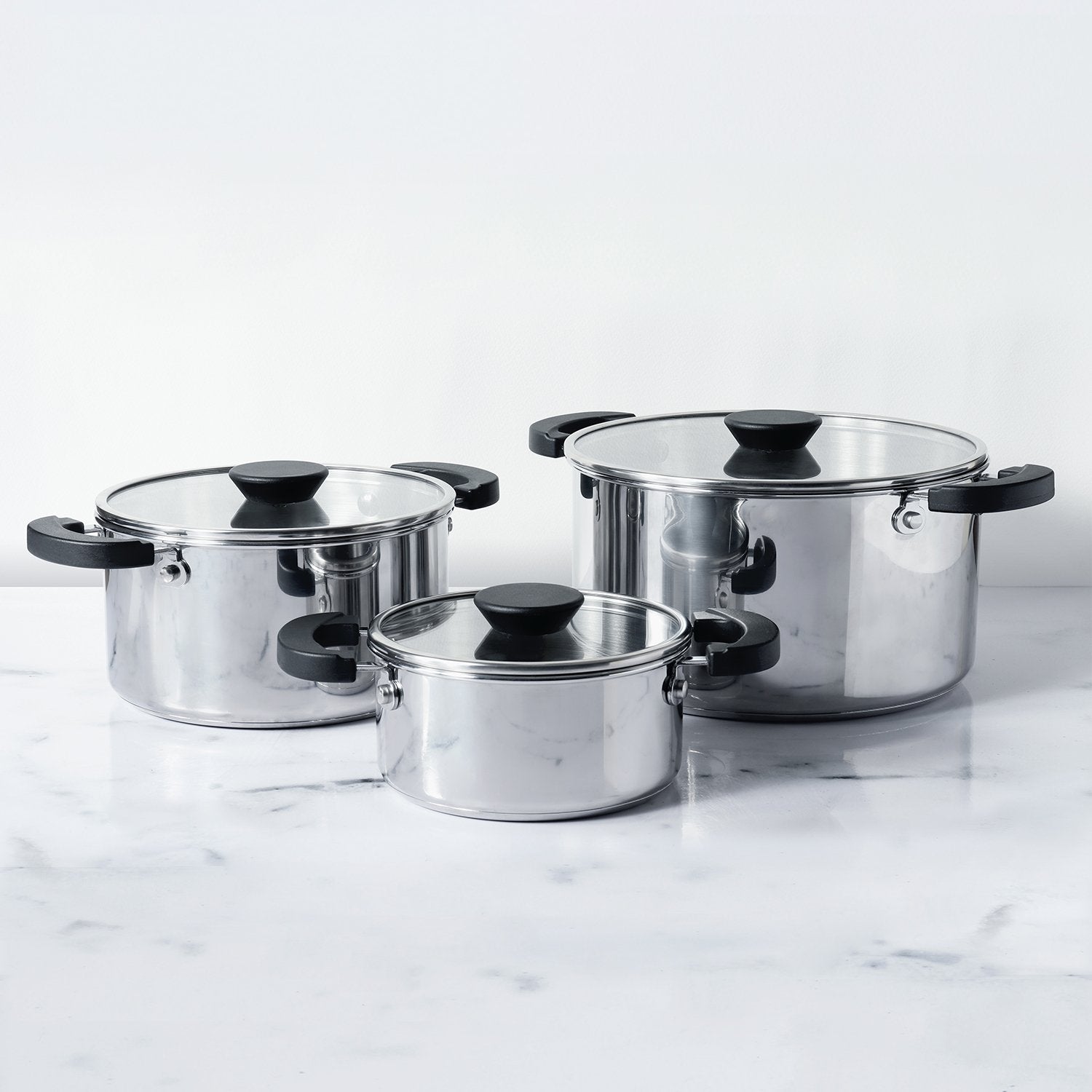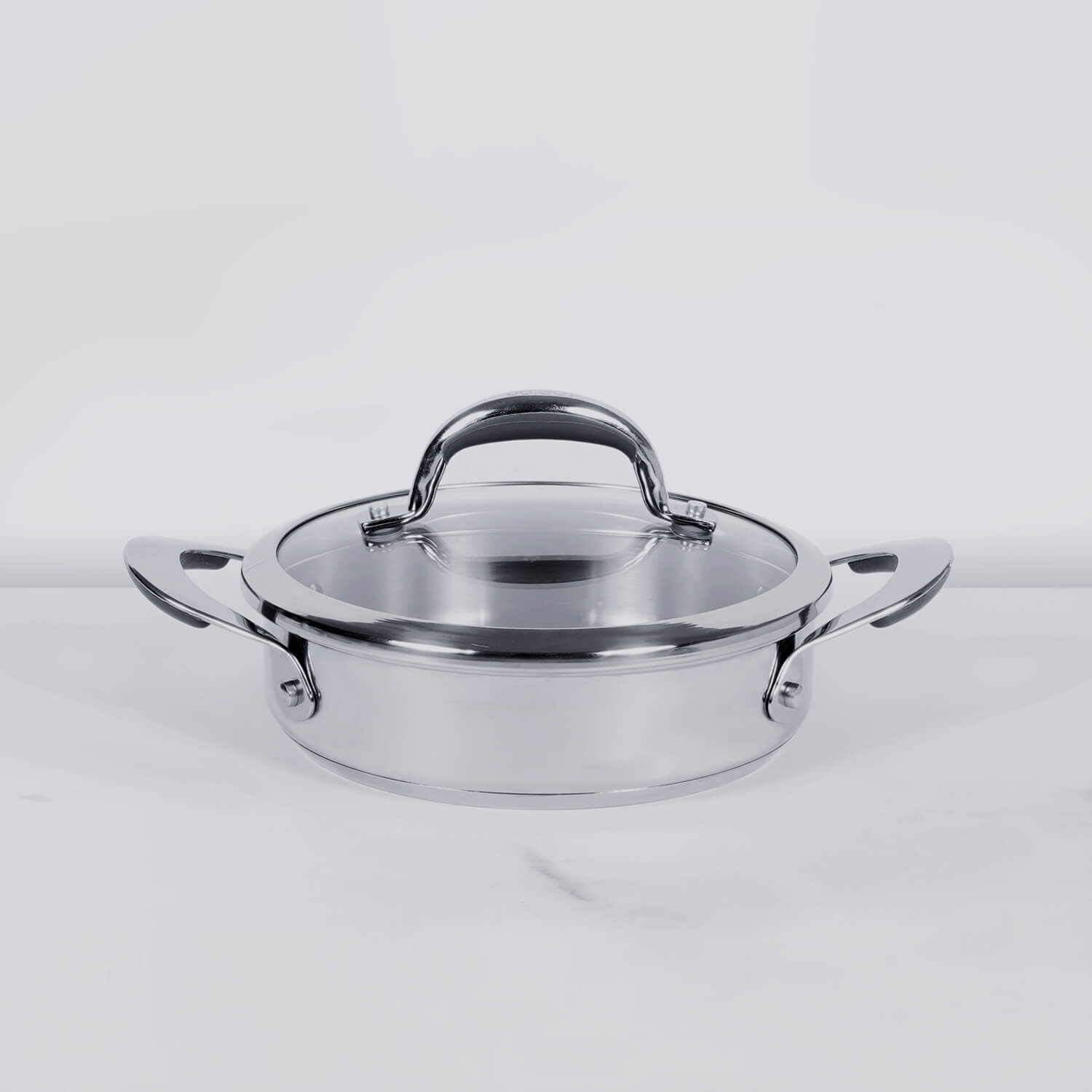Pomegranates have been consumed for years because they are good for health. A pomegranate is a fruit with a thick, red skin and a sweet, sour taste. Even though the skin is not edible, it contains hundreds of juicy seeds that you can eat on their own or sprinkle on salads, oatmeal, hummus, and other foods.
Table of Contents
What is pomegranate?
Pomegranate fruit grows on a deciduous shrub. It is called Punica Granatum by botanists. Most of these shrubs grow in the Middle East, North Africa, the Indian subcontinent, and the Mediterranean.
The pomegranate is a type of berry with a stem that looks like a flower. It is attractive because it is bright red and has a tart taste. Pomegranates have a pH of about 4.4, which is why they taste both sweet and sour.
Nutritional profile of pomegranate:
The arils of a pomegranate are full of nutrients and antioxidants, which are substances that can help stop or slow cell damage. In fact, pomegranate juice has three times as many antioxidants as drinks like green tea and red wine that also have a lot of antioxidants.
The arils of the pomegranate also have a lot of other good things for you and are a great way to get your daily serving of fruit.
The following nutrients can be found in 100 grammes of pomegranate arils.
Calories: 83 kcal
Carbohydrates: 18.7 g
Sugar: 13.67 g
Protein: 1.67 g
Fat: 1.17 g
Fibre: 4 g
Nutritional facts about pomegranate:
- Water makes up 78% of a pomegranate's composition. It has about 19 g of carbs, of which 4 g come from dietary fibre. The seeds still have all of their fibre, which makes up 20% of the daily value. For a 10-gram serving, it has 83 calories, which is pretty good.
- There are a lot of phytochemicals, like polyphenols, in pomegranates. But the fruit's phenolic activity goes down when it is processed and cooked.
- There are a lot of ellagitannins in pomegranates, which are also called punicalagin. They are powerful antioxidants that set the fruit apart from the others. There are three times as many antioxidants in pomegranate as there are in green tea and red wine.
- Extracts from pomegranate peel are important supplements and preservatives. They are full of polyphenols, catechins, and condensed tannins in large amounts.
- The oil from the fruit's seeds is full of punicic acid. It is a healthy type of fat that makes up about 65% of the oil. These fats are good for your health in many ways.
- The vitamin profile shows that you get a lot of vitamin K, vitamin C, and folate (B9). This fruit also has a lot of vitamin E. Also in the food are riboflavin, thiamine, and pantothenic acid.
- Manganese, phosphorus, potassium, and zinc are all found in high amounts in pomegranates. More tiny amounts of iron and calcium are also on the list.
- 16% of the daily value comes from vitamin K, and 12% comes from vitamin C.
Easiest way to remove pomegranate seeds:
- Grab the pomegranate so that the end of the stem that sticks out is facing one side. Cut a large piece of the crown away, leaving the stem in the middle. Next, turn the fruit over so that the cut side is facing up.
- You'll see sections that spread out from the top, and another set that spreads out from the end of the stem. About two-thirds of the way down from the top, there is a ridge that separates the two sets.
- Cut the pomegranate skin along the ridges that go from top to bottom and along the ridge that runs from left to right. Try to cut through the skin all the way to the white membrane, but stay away from the seeds.
- Then, carefully squeeze the pomegranate apart with your fingers. It will fall into a blossom-like star shape. Take out the juicy seeds with a spoon and throw away the white membrane, which tastes bad.
Health benefits of pomegranate:
- Boosts heart: There is some evidence that pomegranates can help lower cholesterol, which in turn can lower the risk of heart disease.
- Anti-inflammatory: Vitamin C in the fruit has anti-inflammatory properties that may help prevent many common diseases, like some types of cancer and type 2 diabetes.
- Brings blood pressure down: Pomegranates have antioxidants that can help lower high blood pressure, which is good for the arteries, heart, and brain.
- Helps in erectile dysfunction: In one study, nearly half of the people who drank 8 ounces (oz) of pomegranate juice every day saw an improvement in their erections.
- Prevents cancer: Protects against prostate cancer and other types of cancer. Some small studies show that drinking pomegranate juice may help stop prostate cancer cells from spreading.
- Prevents rheumatoid arthritis. Pomegranates help treat complications of rheumatoid arthritis by lowering inflammation and oxidative stress.
Ways to incorporate pomegranate into daily diet:
- Perfect snack: Pomegranate seeds go well in lunch boxes and kids can have them as a snack.
- Toss in a salad—Throw a handful into a fall salad.
- Top yoghurt: Pomegranates are a great way to top yoghurt parfait, either by themselves or with citrus fruits and chopped nuts.
- Stir into grains: Pomegranate seeds add colour and tang to cooked rice, quinoa, farro, or other grains.
- Make salsa: Pomegranate seeds are perfect for making salsa because they are small but have a big flavour. They can be used in fruit or vegetable salsas in the winter to top grilled fish, chicken, or lamb chops.
- Scatter over hummus: A spoonful of these juicy seeds is the best way to dress up a simple bowl of hummus.
- Make juice by mixing –– Blend or process the seeds in a food processor or blender. Strain through a colander lined with cheesecloth or a fine mesh strainer to separate the juice from the seeds.
- · Use as a garnish: Sprinkle on top of anything from cupcakes to custard to make it look more interesting.













Leave a comment